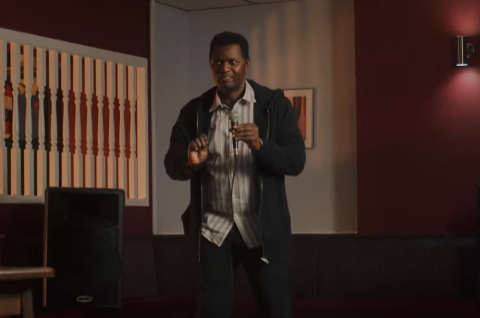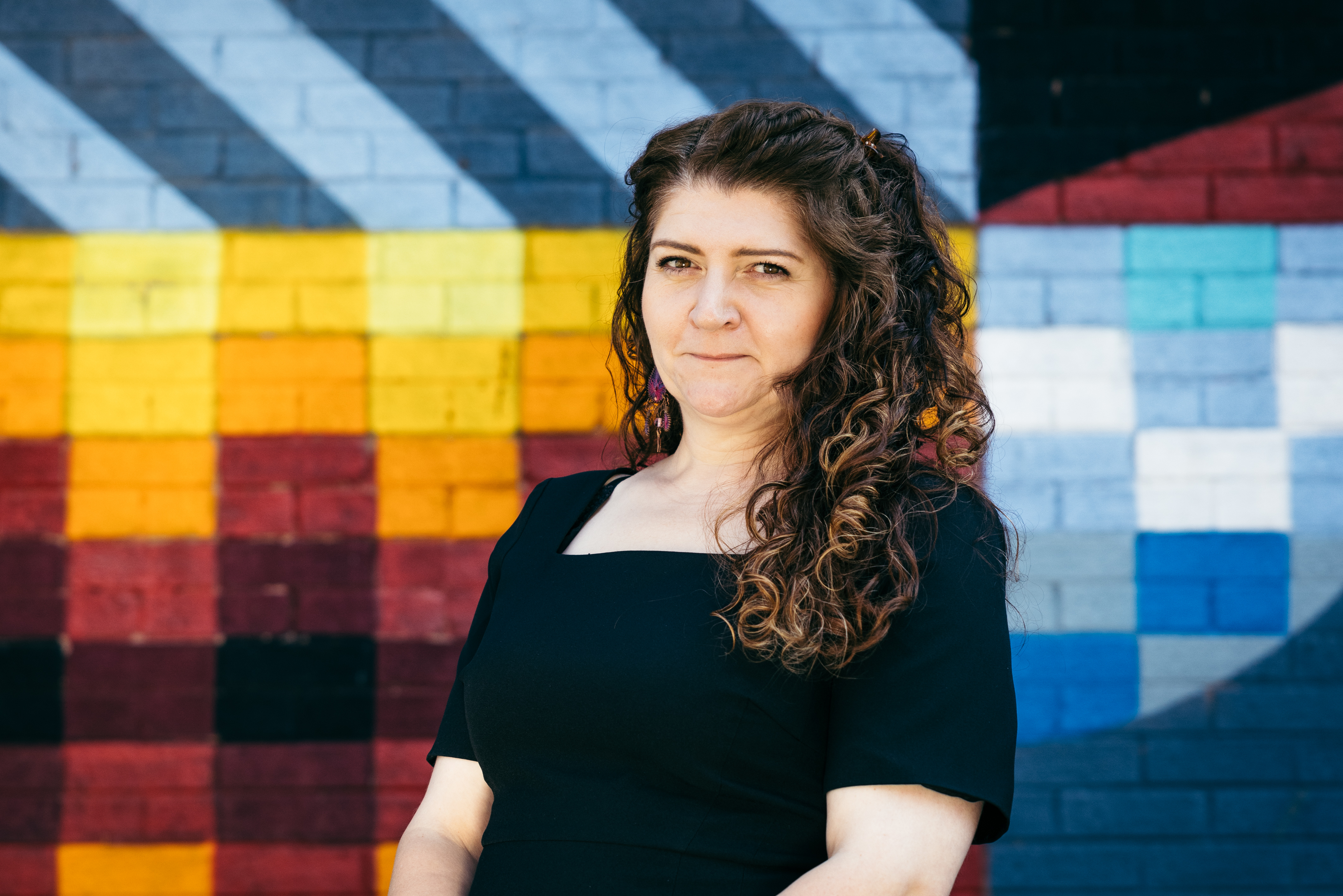Kate Burt, chief executive of the Haemophilia Society details a week in her life - one where there's final hearings at the Infected Blood Inquiry and a major fundraising challenge is launched.
____________________________________________________________________
Monday
It’s a big week for the Haemophilia Society, with final hearings at the Infected Blood Inquiry and the launch of Race Around the World, a major fundraising challenge.
We’re a small charity with about 5,000 members, but have found ourselves in the national spotlight as a result of the contaminated blood scandal, in which more than 5,000 people with haemophilia and other bleeding disorders were infected with HIV and hepatitis C as a result of being treated with infected blood products in the 1970s and 80s. More than 3,000 people have since died, and the consequences of this appalling health disaster have been a central part of the work of the Haemophilia Society for the last four decades.
The Infected Blood Inquiry is conducting a public investigation into what happened and its last hearings take place this week, with the final report expected later in the year. We have a dedicated public inquiry team to support our members and to communicate the evidence. It’s been a large investment of time and money, but one that has been essential. The role of the Haemophilia Society is also part of the inquiry’s remit, so we have been keen to listen and to learn over the course of the last four years.
Alongside this work, we also maintain our core services in support of people with a bleeding disorder and their families, including holding information events, influencing improvements in treatment and care, and producing specialist publications which have been used as a blueprint globally. At times, it has been a real stretch, especially in this very challenging economic climate.
My first Teams meeting of the week is with a 22-year-old woman who was diagnosed with a bleeding disorder in 2020. Women often struggle to get a diagnosis, despite experiencing quite common symptoms, such as heavy menstrual bleeding or bruising. There is concern about unexplained test results, and I contact her local haemophilia centre for help.
Tuesday
On my way to our office in central London I walk past the docks where I swam most days in the first lockdown. It helped my mental and physical wellbeing, and I have continued to swim regularly ever since.
Two of my team report back on a presentation they gave to the Haemophilia Nurses Association conference at the weekend. It was great to hear the positive response they’d received. We work with such a passionate community of healthcare professionals across the UK, many of whom offer their time so generously in support of our activities.
On to a database workshop with the finance and fundraising team led by one of our trustees whose expertise is invaluable. We are moving from a platform that isn’t working very well, but it’s taking twice as long as planned. Why don’t the companies who build these systems offer more support rather than sell you the product and wait for you to understand the complexities?
It’s build the budget time again for the new financial year. I’ve been doing this for 26 years and it never gets easier to predict fundraising. In fact, it gets harder, and controlling costs inevitably means we can’t do everything we’d like to do. It is frustrating that so many partners still find it difficult to fund our core costs, but if we can’t fund the infrastructure we can’t survive.
Wednesday
Today’s first task is to check the press release which will be sent out to all print and broadcast media to try to generate more press coverage of the inquiry. While highlighting the end of the inquiry, I was keen to ensure that all those who died before getting a chance to tell their story were not forgotten.
Although media coverage has been patchy, on key days it can be very busy. Our Chair of Trustees acts as a spokesperson too and between us we share the interviews. We have a meeting with our comms manager and run through the key messages we want to get across. It’s important to be focused as you’re only likely to have a few seconds to make your point.
Thursday
I added five miles to my Race Around the World tally this morning. This fundraising campaign encourages all our members to collectively clock up 38,000 miles in 60 days, the equivalent of walking around the globe. My small staff team of 14 are aiming to cover 5,000 miles – it’s a tall order! I love this challenge as it brings our community together to raise much needed funds, whilst emphasising the health benefits of more movement and exercise.
Friday
The final day of the Infected Blood Inquiry is featured on BBC Radio 4’s Today programme as I’m getting ready to leave. I really hope this important day gets the attention it deserves.
My Chair of Trustees, Clive, is being interviewed by Channel 5 as I arrive. I am lucky to have a very engaged and supportive Board of Trustees, most of whom have lived experience of bleeding disorders. Having trustees that support, guide and, when necessary, constructively challenge makes a huge difference to the life of a chief executive.
There’s a mixture of emotions at the packed inquiry today. Reliving the trauma of the past has been very difficult for everyone who has given evidence to the inquiry, and there is relief that this process is almost over. For others, there’s a sadness as the inquiry has been a safe and compassionate space to meet and discuss experiences in confidence.
Many, including me, have hope and confidence that this inquiry can finally deliver answers about what went wrong and why.
Today is a major milestone, but there’s so much work ahead. We must focus on supporting our members through the next stage, including, hopefully, full compensation, and ensuring that the government implements all recommendations in the inquiry’s final report.
It’s too early to celebrate, but it feels right to stop and reflect on the fantastic progress that has been made. After 40 years of campaigning, it’s a bittersweet moment.
Latest News
-
Greenpeace pledges to match London’s diversity in its workforce
-
Former GP and nursing chief to lead Air Ambulance UK's board
-
Uniformed youth charity appoints new CEO
-
Charity body issues funding and disruption warning amid council reorganisation
-
Applications open for Big Give’s women and girls campaign
-
Salvation Army charity shops to stock Aldi products
Charity Times video Q&A: In conversation with Hilda Hayo, CEO of Dementia UK
Charity Times editor, Lauren Weymouth, is joined by Dementia UK CEO, Hilda Hayo to discuss why the charity receives such high workplace satisfaction results, what a positive working culture looks like and the importance of lived experience among staff. The pair talk about challenges facing the charity, the impact felt by the pandemic and how it's striving to overcome obstacles and continue to be a highly impactful organisation for anybody affected by dementia.
Charity Times Awards 2023
Mitigating risk and reducing claims

The cost-of-living crisis is impacting charities in a number of ways, including the risks they take. Endsleigh Insurance’s* senior risk management consultant Scott Crichton joins Charity Times to discuss the ramifications of prioritising certain types of risk over others, the financial implications risk can have if not managed properly, and tips for charities to help manage those risks.
* Coming soon… Howden, the new name for Endsleigh.
* Coming soon… Howden, the new name for Endsleigh.
Better Society

© 2021 Perspective Publishing Privacy & Cookies










Recent Stories